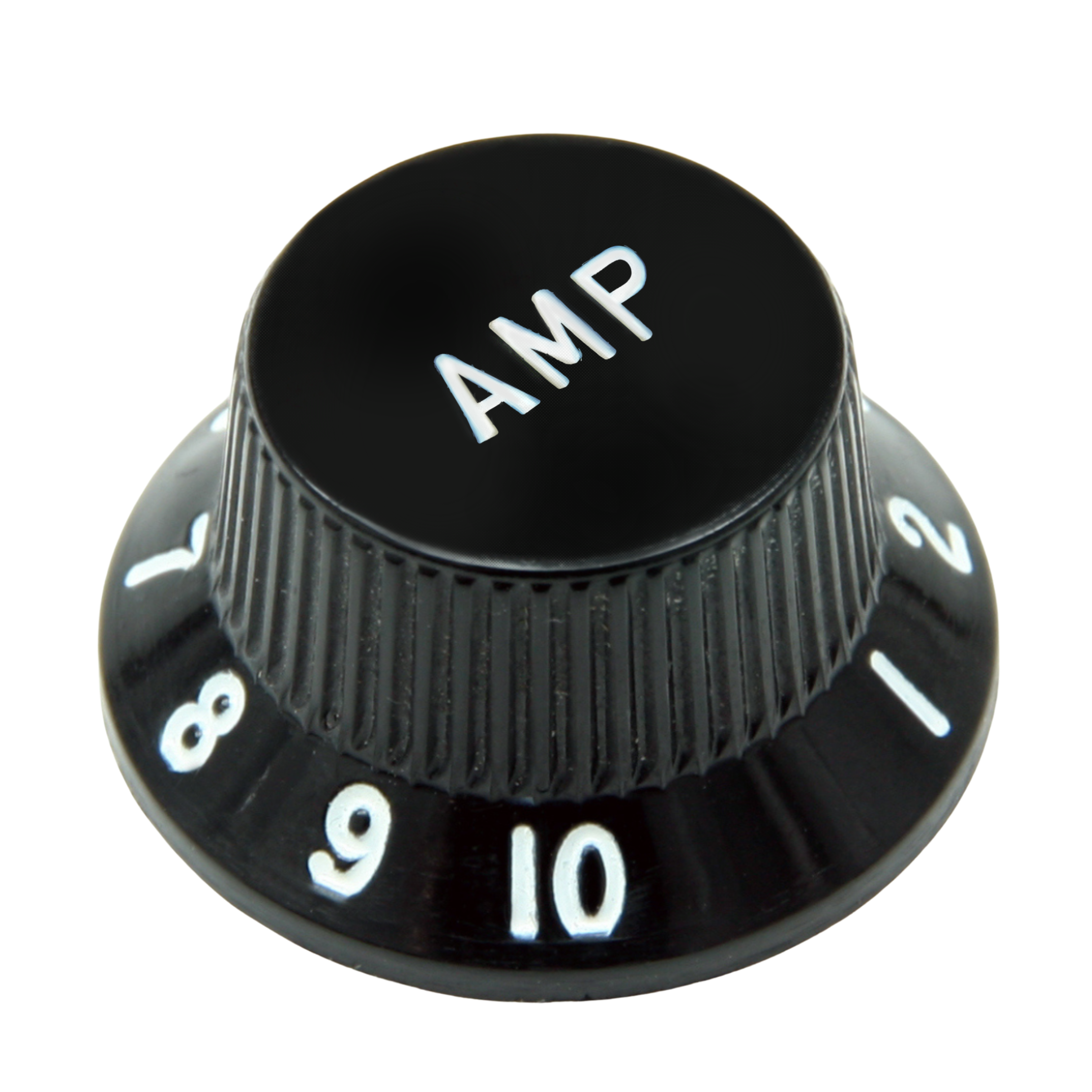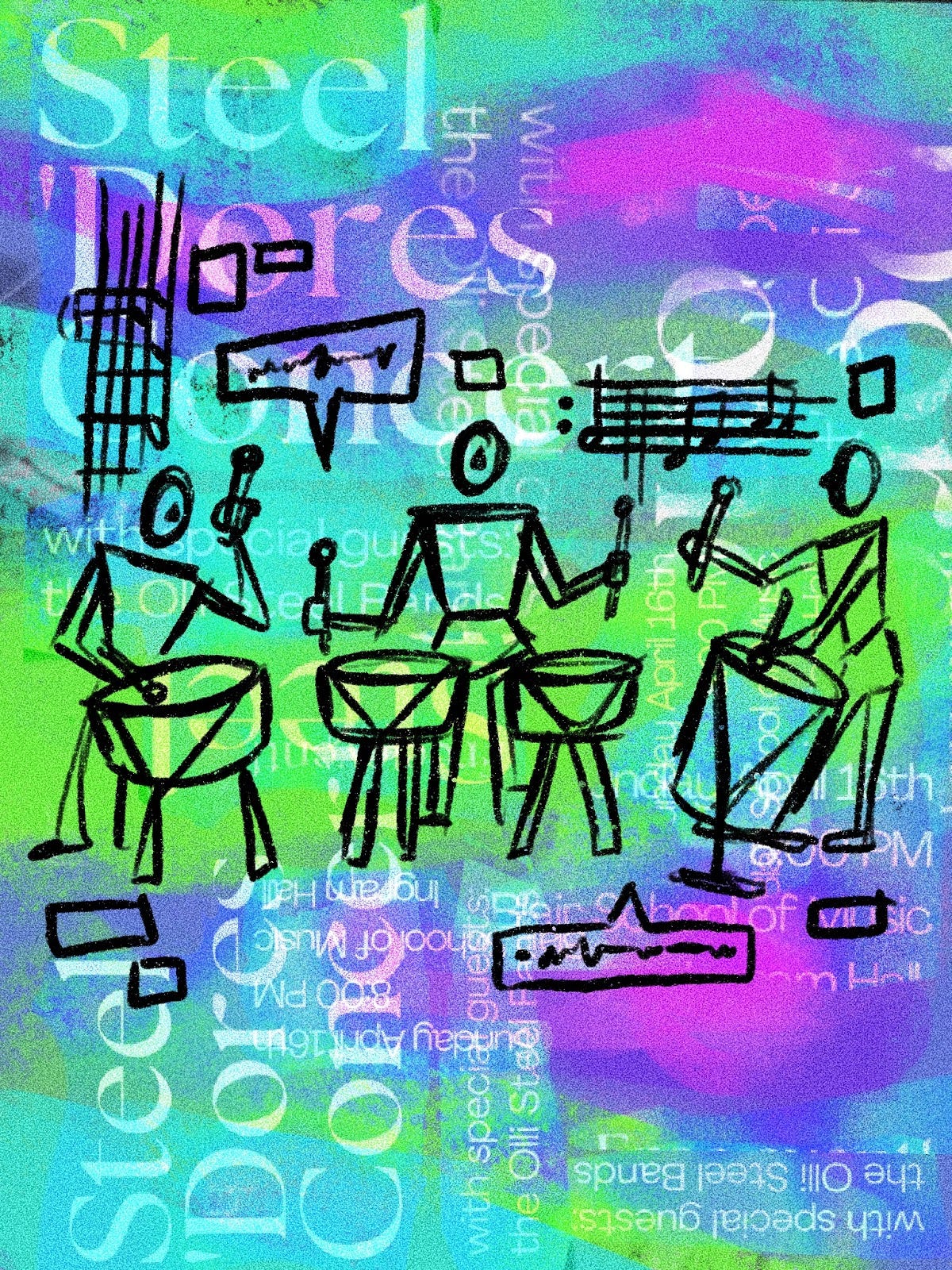Everyone recognizes the resonant and percussive three-note pulse of the 2007 chart topper “Crank That.” Its melodious but distinct timbre is produced by the steel pan, an instrument originating from Trinidad and Tobago that has made its way into many loveable tunes like “Crank That,” “Side by Side,” and “Under the Sea.”
“The steel pan has an extensive history dating back to the impoverished areas of Port of Spain, the capital of Trinidad. The city operated on a plantation-based economy fueled by the trans-Atlantic slave trade. The humble beginnings of this instrument were cultivated by Afro-Trinidadians who found ways to make music from their heritage in the late 1800s, despite Spanish and British colonizers banning many forms of music and expression for people of color.”
In the narrow confines of restrictions, Afro-Trinidadians collected scrap metals to create music from everyday items such as smith-shop steel and cooking utensils. Over time, the dents in the materials were refined, producing pitches that evolved from percussive to bell-like, creating a melodious tone that seamlessly integrates into a vast array of ensembles, including orchestras, jazz combos, and pop bands. The steel pan culture provided a sanctuary for musicians seeking to escape the rigidity of a class system that was based on race, as well as low wages and underemployment during colonial periods. The instrument played a significant role in carnival celebrations after Trinidad gained independence in 1962, symbolizing public liberation and nationalism. Following the country’s independence, the steel pan took on a new and more significant identity when it was recognized as the national instrument.
While the modern steel pan has been shaped by an extensive history of socio-economic struggle for voice and independence, the art form has evolved to become more than just a platform for political reform. It has become a means of interweaving creative expression with individual life experiences to showcase not only the composer’s intended message, but also a personal and unique narrative that cannot be replicated by any other performance. This narrative was certainly evident in the steel pan performance at Vanderbilt University.
A few weeks ago, I had the pleasure of hearing and interviewing the Vanderbilt Steel ’Dores Steel Band, led by Professor Mat Britain. The concert stage was filled with an upbeat energy that the audience reciprocated enthusiastically. I was entranced by the lush, yet clear melodies that the group of steel pans created. Ingram Hall’s space added a visual component to the performance as well: spotlights on soloists’ drums reflected onto the walls of the hall, projecting beautiful light fractals that contributed to a visually and sonically stunning atmosphere.
After the performance, I spoke with Professor Britain, who strives to introduce a diverse range of repertoire to both pannists and audiences. Not only does the ensemble pride itself on recruiting people of different ages, majors, and musical backgrounds, but they also play a mix of indigenous Trinidadian music, folk songs from Bulgaria and Taiwan, and a selection of pop and jazz tunes. He believes that understanding the history of the instrument is vital to learning it, and he is saddened by the ways many technically advanced steelbands omit the core identity of Trinidadian music, which includes its ties to the country and the people behind the origin of the music.
“If you are an acoustic guitarist and are very serious about it, you’re probably going to go back to the roots of the guitar in Spain and check out some flamenco, even if that’s not your forte.” Professor Britain said.
The students echoed this sentiment, saying that they appreciated the holistic combination of a wide range of repertoire, emphasis on studying Trinidad culture, and the supportive nature of each other.
Though pannists strive to play all of the “right” notes, “wrong” notes aren’t dwelled upon. Groove and an authentic and energetic performance is the goal, and mistakes are the last of anyone’s worries, which stands in sharp contrast with other mediums of musical performance.
“With classical music, it’s just perfection. Everything has to be perfect,” said Amelia Donoghue, a classical piano major. “whereas in a steelband, it’s much more about the vibe, feeling the music, just having fun, and it’s something that really helps me relax in terms of performing piano as well.”
Auditory responses from audiences are strongly encouraged, building a tangible connection from the performer to the spectator.
“I like pan because Matt Britain always preaches to leave your problems outside,” student pannist Nolan Przeklasa said.
In this way, the steelband ensemble becomes a space to unwind from daily academic rigors and bond over a shared love for the art. It is clear to see the camaraderie and passion that each musician has for one another, their instruments, and the history that comes with it. After all, Trinidadian steelband music has always been music for the people, and there is no better way to bring people together than through a shared love of this unique music-making community.
The Vanderbilt Steel ’Dores’ next concert will be held on April 16 at 8 p.m. in Ingram Hall, Blair School of Music.
Featured graphic by Emma Chang

